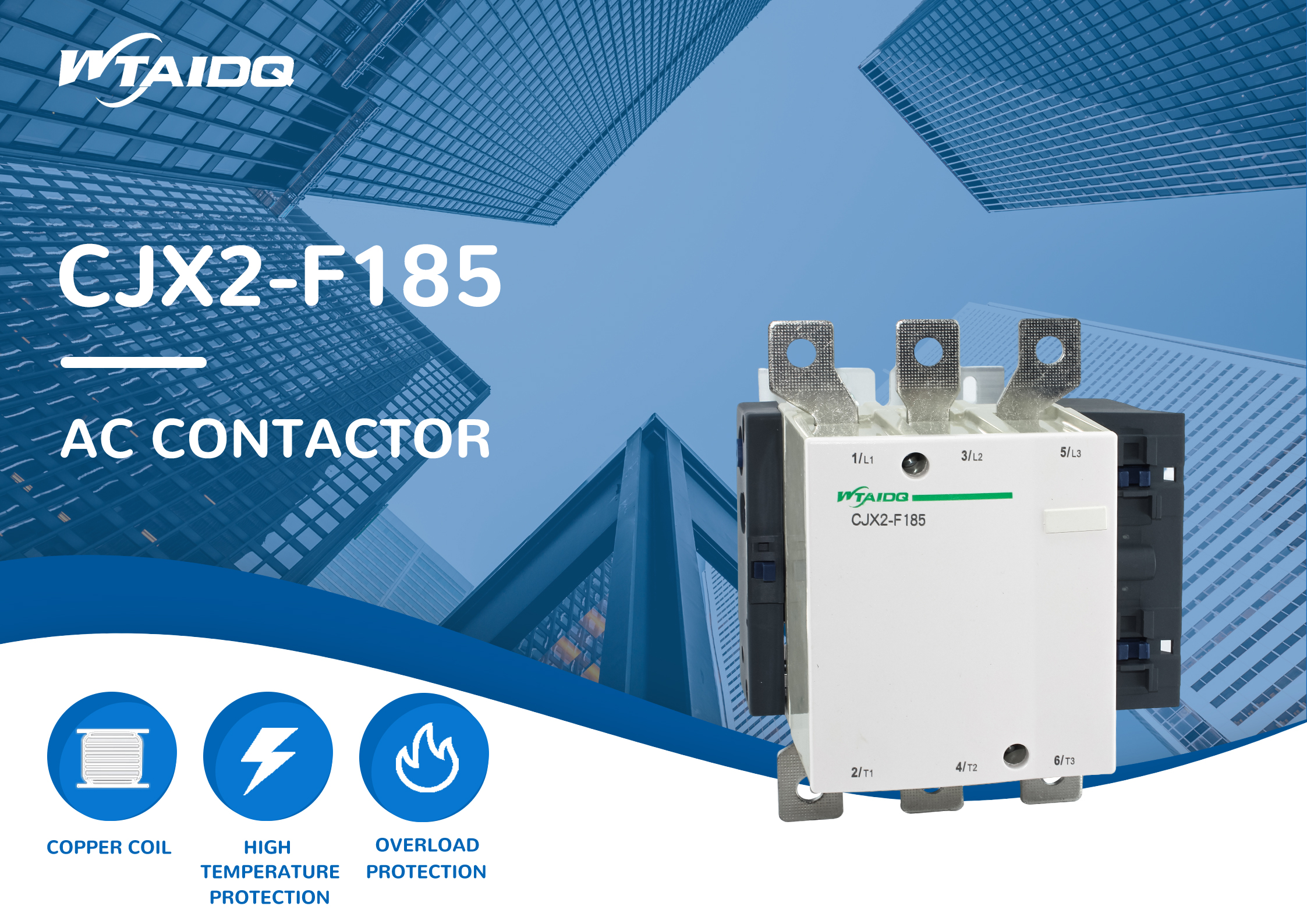In the world of electrical engineering, the selection of AC contactor coil voltage is a critical decision that significantly affects the performance and efficiency of the electrical system. The most common choices are 220V and 380V coils, each with their own advantages and disadvantages. Understanding these nuances is critical for engineers and technicians alike, as the right choice can improve functionality, while the wrong choice can result in inefficiency or even danger.
Starting with a 220V AC contactor coil, one of its most notable advantages is its compatibility with residential and light commercial applications. This lower voltage is generally easier and safer for general use, making it ideal for smaller systems. The reduced voltage means a lower risk of electric shock, which is an important consideration for installations in homes or areas with high human traffic. Additionally, 220V systems tend to be simpler to install and maintain because they align with standard voltage levels in many areas.
However, 220V coils also have their disadvantages. One of the main issues is their limited ability to handle larger loads. In industrial environments where heavy machinery and high-powered equipment are common, 220V coils may have difficulty providing the necessary control and reliability. This limitation can cause contactors to overheat and fail prematurely, resulting in expensive downtime and repairs. Additionally, the lower voltage may require the use of larger conductors to handle the current, which can increase installation cost and complexity.
On the other hand, the 380V AC contactor coil shines in high-demand environments. Its ability to manage larger loads makes it a top choice for industrial applications where efficiency and reliability are critical. Higher voltage allows for smaller conductor sizes, which can reduce material costs and simplify installation. Additionally, 380V systems are generally more efficient in terms of energy consumption because they can more effectively transmit power over longer distances without incurring significant losses.
However, 380V coils are not without their challenges. The increased voltage creates a higher risk of electric shock, so strict safety measures must be taken during installation and maintenance. This can lead to increased training requirements for personnel and a greater emphasis on safety procedures. Additionally, the complexity of 380V systems can result in higher initial costs and a greater learning curve for technicians who may be more familiar with lower voltage systems.
In summary, choosing a 220V or 380V AC contactor coil is more than just a technical decision, it is also a balance between safety, efficiency, and application requirements. While 220V coils offer ease of use and safety for small applications, they may not meet the requirements of industrial environments. Conversely, 380V coils offer the power and efficiency required for heavy-duty applications, but with increased risk and complexity. Ultimately, the decision should be guided by a thorough understanding of the specific needs of the application, ensuring that the selected coil voltage meets the operational objectives and safety standards. In this complex voltage selection process, knowledge and foresight are the keys to success.
Media Contact
Company Name: Zhejiang Wutai Electric Co., Ltd.
Email:Send Email
Phone: +86 0577-61610677
Address:No. 11 Xiangyang Road, Liushi Town, Yueqing City
City: Wenzhou City
State: Zhejiang Province
Country: China
Website: https://www.wtaiele.com/

